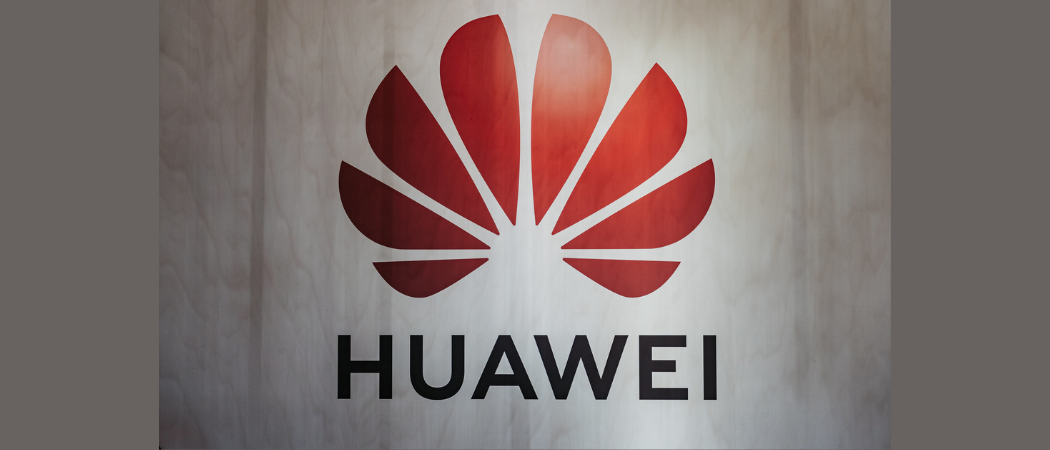Hamartia Antidote
ELITE MEMBER

- Joined
- Nov 17, 2013
- Messages
- 35,188
- Reaction score
- 30
- Country
- Location
Commission confirms it is planning restrictions on Huawei in Horizon Europe
Competition commissioner Margrethe Vestager has confirmed that the European Commission will change Horizon Europe rules to reflect Brussels’ assessment that Chinese telecoms giant Huawei is “high risk”. In June, the Commission said it had “strong concerns” about Huawei and ZTE, another Chinese...
Move comes after revelation that EU cash was flowing to Chinese telecoms giant’s European subsidiaries despite it recently being labelled 'high risk' by Brussels

The European Commissions has previously expressed 'strong concerns' about Chinese telecommunications company Huawei
Competition commissioner Margrethe Vestager has confirmed that the European Commission will change Horizon Europe rules to reflect Brussels’ assessment that Chinese telecoms giant Huawei is “high risk”.
In June, the Commission said it had “strong concerns” about Huawei and ZTE, another Chinese telecoms firm, and backed member states’ efforts to restrict and exclude them from mobile networks.
So far 10 member states have imposed restrictions on telecoms supplies seen as risky, amid fears of espionage and technological dependence on China.
Although Brussels lacks powers to stop Huawei components getting into member state networks, it said it would try to stop its own communications using Huawei and ZTE parts, and review EU funding programmes in the light of the high risk status.
Now, commissioner Vestager has explicitly confirmed that this new designation will impact Horizon Europe.
Answering a question from Dutch MEP Bart Groothuis, Vestager said in a written answer on 18 August that the Commission intends to “reflect” Huawei and ZTE’s new high risk status “in all relevant EU funding programmes and instruments including in all parts of the Horizon Europe framework programme.”
However, so far there’s no details yet on how and from when any changes will occur. “The Commission will now take into account the assessment of the risks posed by Huawei and ZTE specifically and carry internal discussion for a final decision on the involvement of these entities in the EU programmes,” a Commission spokesperson said.
MEP Groothuis’ question was prompted by Financial Times revelations in June that the Commission has given Huawei nearly €4 million in funding through Horizon Europe for involvement in multiple projects.
For example, a subsidiary of Huawei based in Dusseldorf is a participant in a €1.8 million project to create “massive machine-to-machine communications for 6G”, referring to the next generation of wireless networks. A total of 13 Horizon Europe projects are listed by the Commission as involving Huawei.
In her response, commissioner Vestager stressed that none of the Huawei participants are based in China; instead they are all entities based in Europe.
Although Horizon Europe is by default open to anyone, the Commission can restrict calls if the EU’s interests are seen to be at risk.
But in the case of these 13 projects, the “topics in which Huawei is participating were not identified at the time of adopting the 2021-2022 Horizon Europe work programmes as putting at risk the EU’s strategic assets, interests, autonomy or security,” Vestager acknowledged. Her answer was first reported by Table.Media, a German news outlet.
Chinese anger
If the Commission does restrict Huawei from joining Horizon Europe calls, it will a blow to the company’s R&D efforts in Europe, which have come under increasing scrutiny as geopolitical tensions have increased.
This ties into broader scrutiny of the EU’s research relationship with China, in particular joint research that could benefit China’s military. Earlier this year, a Science|Business investigation found five ongoing EU-funded potentially dual-use projects involving Chinese military-linked universities, with one funded under Horizon Europe, and the rest under Horizon 2020.
Across all EU framework programmes, Huawei has been a partner in 53 projects, including 28 during Horizon 2020, which ran from 2014-2020. Huawei was formerly a member of the Science|Business Network of universities, companies and public sector organisations, but its membership ceased in April 2022.
After opening its first R&D centre in Stockholm in 2000, the company has grown to employ more than 2,500 people in its research facilities across 13 European countries, the firm said last year. The biggest of these is the Munich Research Centre, which employs over 400 researchers.
Still, the Horizon Europe projects in question constitute only a small fraction of the collaboration Huawei does with European partners. In Germany alone, the company has entered into more than 228 research collaborations since 2006, according to its own information.
Both Huawei and the Chinese government strongly rebuked the Commission for labelling Huawei high risk in June, and emphasised the move would undercut the EU’s economy and innovation.
“Restrictions or exclusions based on discriminatory judgments will pose serious economic and social risks,” the company said in a statement. “It would hamper innovation and distort the EU market.”
“The reality is that ever since Huawei and ZTE started operation in Europe many years ago, not only have they done no harm to European countries’ security, but they have contributed substantially to the growth of Europe’s telecom sector and generated considerable socioeconomic benefits,” said Chinese foreign ministry spokesman Wang Wenbin at the time.
Huawei did not respond to a request for comment about Vestager’s most recent comments.


